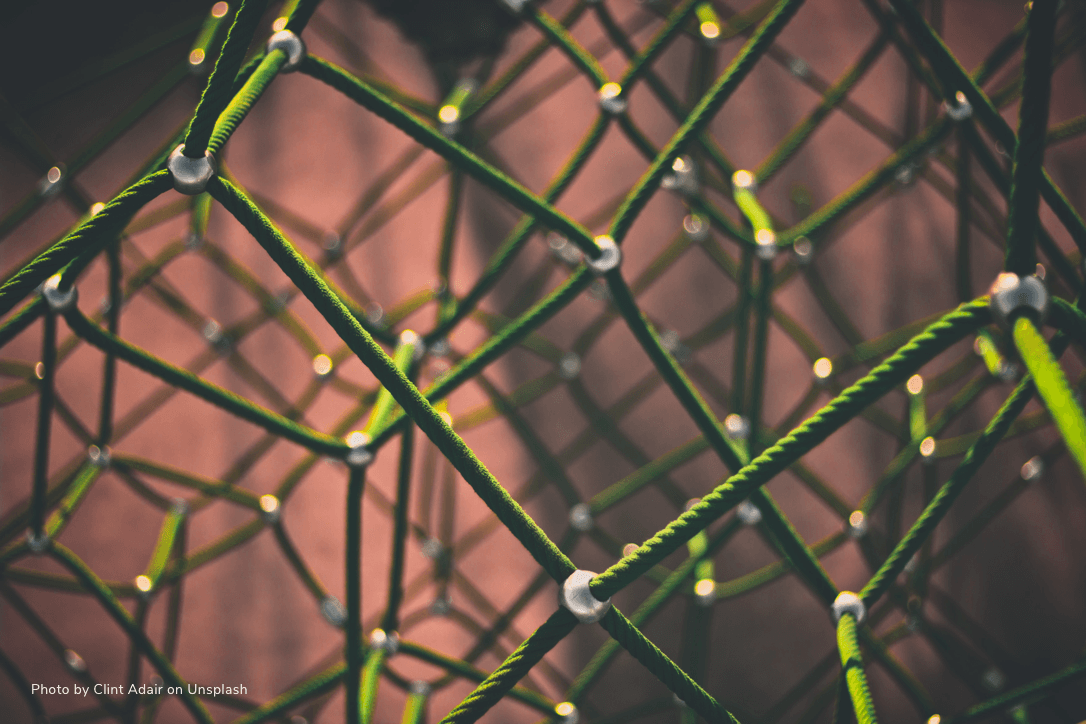Well-delivered feedback not only inspires learning and personal growth, but it also helps people satisfy their psychological needs. We need connection with other people and feedback is an act of connecting. Reinforcing feedback builds esteem by demonstrating respect and appreciation between people. Redirecting feedback or otherwise discussing sensitive topics helps build trust, contributing to satisfaction of our need for love and belonging.
The pyramid of needs
The basic needs of people are famously described by Maslow’s pyramid of needs, first published in 1943 (see the picture below). The theory suggests that people start prioritizing upper level needs when lower level needs are sufficiently satisfied. Above physiological needs, we see two levels of psychological needs: love & belonging and esteem.
While people's physiological and safety needs are mostly satisfied, many struggle with getting their psychological needs of love & belonging and esteem met. It’s often hard to put a finger on exactly what we need in our relationships – and from whom. Even after finding out, asking for it may prove difficult.
In order to achieve the pyramid’s peak of self-actualization, we first need to sufficiently satisfy our psychological needs. This is where a healthy feedback culture at work can play a major role. Let’s take a closer look at what each of us can do to help ourselves and those around us get our needs met.
Need for love and belonging – build trust
We need to feel love and belonging from our closest people: friends, family, spouses, lovers and colleagues in closely-knit teams. This level is fueled by trust. It’s about having certainty that they will be on our side and that we won’t be abandoned by them no matter what happens. This trust is completely separated from achievement.
The rule of thumb is that trust builds trust. At work, trust can be built through psychological safety. Psychological safety and trust are strengthened whenever you show vulnerability in your team, discuss openly about problems (e.g. give redirecting feedback), present ideas and make suggestions with no fear of judgement, shame, punishment or other repercussion.
Trust can also be built in teams by empowering people to make decisions and take responsibility, and by enabling others to succeed.
However, trust is fragile. Breaching trust challenges the need for love and belonging. A manager basking in the glory of another’s work, or a seemingly minor remark about someone’s mistake behind their back can harm the team’s hard-built trust and have negative long term consequences. Whenever such a situation inevitably occurs, it is important to try to set things straight. A genuine apology goes a long way in fixing the situation and might create even stronger trust than before.
Trust is what makes the best teams best.
Need for esteem – show respect
Esteem is feeling respected by those around us. Our need for esteem is served when our efforts are recognized, and when we feel admired for our actions, talents or persona.
We can strengthen our colleague’s esteem by validating their activities through reinforcing feedback. The point is to say, “keep doing that”, or “do even more of that”.
Things like being ignored in a meeting or put down for a silly question can challenge our need for respect. Our esteem gets eaten away by shame. The same can happen if our status or autonomy is suddenly decreased at work, or if increasingly more work is piled on us without regard for our well-being. Our need for esteem is not satisfied if we don’t feel respected by those around us.
Feedback is a sign of caring
Feedback has the power to strengthen trust and respect between people, hence contributing directly to our psychological needs of love & belonging, and esteem.
When you give feedback, the subtext is that you care enough to give feedback – be it reinforcing or redirecting. You also show that you trust the other person enough to “take the risk” of talking about potentially sensitive topics. And whatever the outcome of the discussion is, your honesty will clear hidden pain points that may reduce trust and respect.
Personally, I love the feeling of relief after receiving redirecting feedback; I know there is now one less hidden complication. It doesn’t mean that a surprising and poorly delivered critique wouldn’t sting – it’s just that I know it all gets better after the issue has been discussed. When there is sufficient trust and respect, no feedback is too difficult to give and receive.
We need feedback to actualize our full potential. In Maslow’s terms, to reach the pinnacle of self-actualization, we must first satisfy our psychological needs by building trust and respect with others. To get there, a healthy feedback culture is a great foundation for any team.
Thank you for reading! Help us by sharing this article to someone who should see it.


